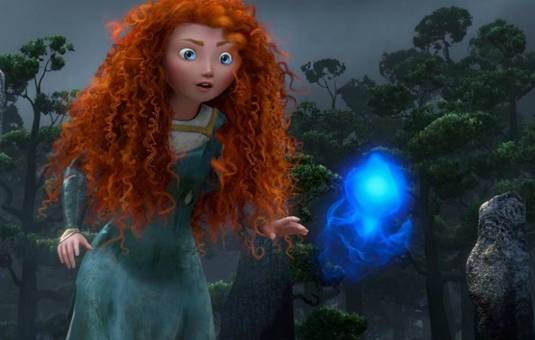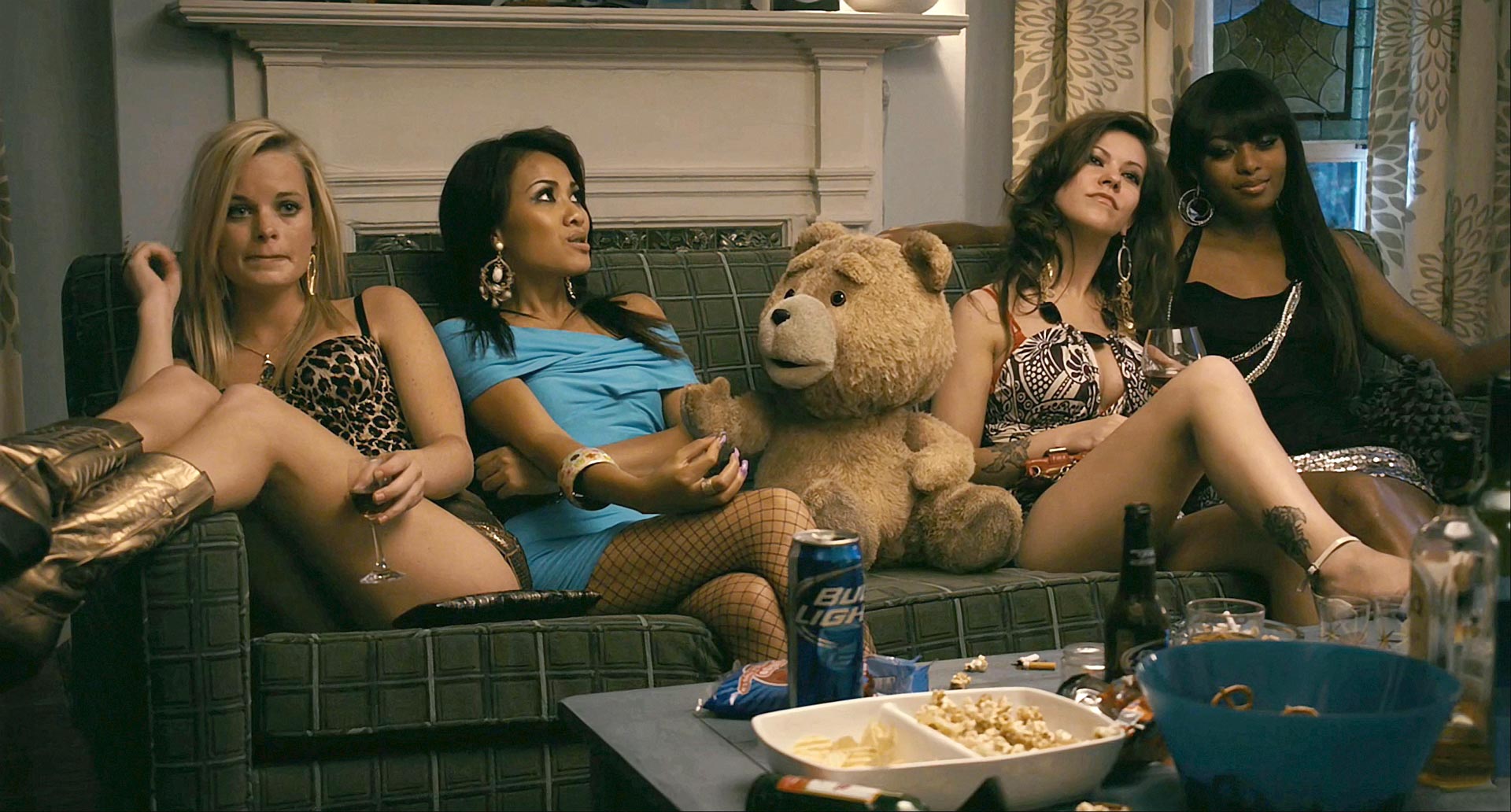Well
if you’re going to call your film The Amazing
Spider-man, you’re really setting the
bar quite high for yourself. Fortunately Amazing
Spider-man delivers, at least with regard to its central character.
Yes,
it hasn’t been that long since Sam Raimi’s take on the friendly neighbourhood
webslinger wrapped up with Spider-man 3.
The entire Internet and its dog has already commented on this. But two things
are worth thinking about. It’s still a whole decade since the franchise was
rebooted (possibly this was timed so Sony could retain the character rights?
I’m unclear on that) and a whole five years since we last saw Spidey onscreen
(I think the gap between Batman and Robin
and Batman Begins was only eight
years, and B&R was a much more
thorough franchise destroyer than Spider-man
3).
So
we’ve got a whole new team on board, including the surprising directorial
choice of Marc Webb, who’s probably best known for the making the romcom genre
momentarily bearable with 500 Days of
Summer who not typically necessarily be anyone’s first choice to direct a
superhero film.
And
especially not a superhero film that’s so in touch with modern tastes. The Amazing Spider-man wears its debt of
gratitude to Christopher Nolan’s Batman
trilogy on its sleeve, eschewing the brighter palette of Raimi’s take on the
character for a grimmer greyer New
York.
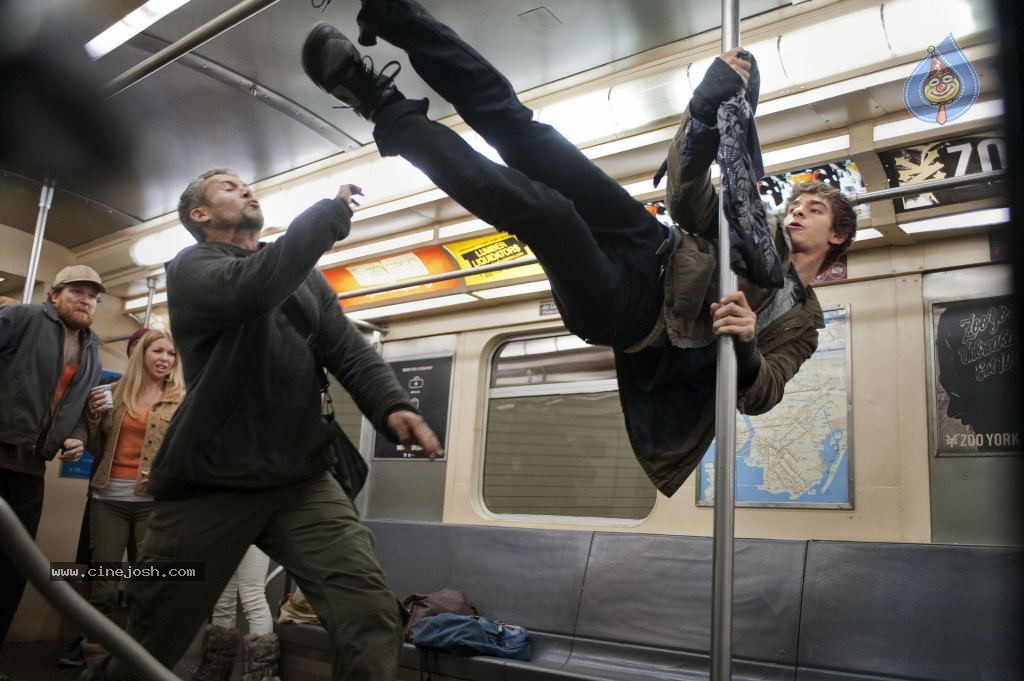 |
| Stunts this time round are more acrobatic less web slingy enabling Webb to shoot some impressive action sequences in tight quarters |
It
may be the grittiest of the Marvel adaptations of recent years (an interesting
choice given that Spider-man’s appeal to younger children). Of course the
Spider-man franchise takes place in a separate universe to the Marvels other
Avengers-building films (so no Spidey in Avengers
2 L),
which may give Webb a bit freer rein than some of his counterparts on Iron Man or Thor.
The change of gear yields interesting, enjoyable
results. I have to confess, I’ve never been a fan of Raimi’s run on Spider-man (particularly Spider-man 2 which subjects us to the dire ‘Spider-man no more
storyline, where cinemagoers pay good money to see a movie about a man who is
not a superhero and does not want to be
one), so treating Spider-man as a more serious, less cartoony superbeing
felt like a breath of fresh air.
As is normal, the firm film in this franchise is the
origin story. Normally origin stories are more chore than pleasure (kudos to
Tim Burton for starting his 1989 Batman
with Batman already Batman, the
origin dealt with in the briefest of introductions). Such is the familiarity of
audiences with superhero origins, that most of these films are just treading
water waiting for the protagonist to finally catch up to where the audience has
been all along (aside from occasionally wondering why Sebastian Stan is
inexplicably homoerotic in absolutely everything that he does).
Luckily, Webb (was he chosen entirely for the
pun?)again manages to take a leaf out of Nolan’s book and tells an origin story
that is actually engaging.
Let’s get the basics of the plot sorted out quickly
before moving on. Mild mannered teenager Peter Parker gets bitten by a
genetically modified spider and subsequently gains some spider-like abilities.
Concurrently, arrogant scientist Curt Connors attempts to utilise similar gene
modifications to use lizards’ regeneration genes to grow back his missing arm
and subsequently turns into a were-lizard hellbent on destruction of some form.
As I have kind of implied, the origin of Spider-man
has been extensively covered across genres and isn’t really that complicated to
begin with. What’s remarkable about Webb’s vision is that Spider-man’s origin
has never been this tight before, nor have the story beats ever made this much
sense.
What are the improvements? Nothing is as coincidental
as it used to be.
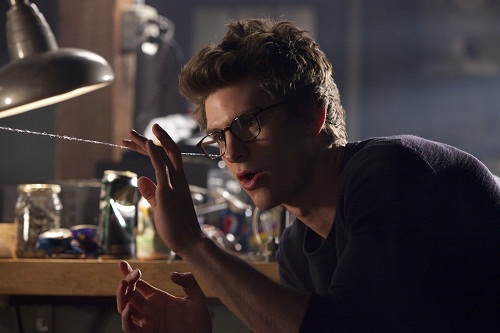 |
| Mechanical web-shooters are back this time round, and show a lot more versatility than just the web-slinging we've come to expect |
It’s not a coincidence that Peter Parker is at Oscorp
that day he gets bitten; he’s just learned his father’s long-term business
partner Curt Connors works there. It’s no longer coincidence that he gets
bitten by a genetically modified spider; he’s snooping for answers among the
research his father and Connors had been working on at the time of the former’s
disappearance.
It’s not a coincidence that Peter is out on the street
the night his uncle dies, nor a coincidence that the same gunman Peter lets
escape is the one that kills his Uncle Ben (Ben is following Peter at the time
and is willing to act in the greater good when Peter is not). Peter doesn’t
start his superhero career out of altruism, he is hunting down his uncle’s
murderer and he doesn’t upgrade to hero until another of his mistakes spills
out of control.
Everything that takes place throughout the first half
of the film is very tightly plotted and very much tied into who Peter Parker is
and the circumstances that caused him to be that way. Spider-man’s famous credo
“with great power comes great responsibility” is never said in the film. It isn’t
needed. After the film’s instigating incident, a fairly innocuous basement
flood, Peter’s actions drive pretty much every single event of the film , including
the creation of its villain – and he knows it.
In short, it’s been a long time since the character of
Peter Parker was ever this interesting and an even longer time since Peter
Parker was more interesting than his
masked counterpart.
 |
| Spider-man loses his mask a lot in this film - apparently no one wants to cover up that face |
It doesn’t hurt at all of course that Parker (and
Spidey) are portrayed by Andrew Garfield, one of this generations best young
male actors. Though Tobery Maguire acquitted himself well in Raimi’s exuberant,
over-earnest Spider-man universe, Garfield carries a lot more in terms of
nuance, internal conflict and the realization of his crushing responsibility –
often with subtle inflections in his gaze alone. I have to confess, I’m somewhat
of a hipster douchebag when it comes to Garfield
(I’ve been a fan since his earlier turn in indie fave Boy A) but he acquits himself admirably as the centerpiece of a
mainstream Hollywood hit.
 |
| Gwen, attempting to stand by her man. |
Actually, the acting is one of the strongest facets of
the new Spider-man franchise. I’m not so ready to dismiss Kirsten Dunst as some
are, but Emma Stone certainly shines as Gwen Stacy, the love interest this time
round (in comic continuity, Gwen was one of Peter’s early big name
girlfriends). She’s goofy, she’s funny and just geeky enough to explain why the
hottest girl in school would be drawn to a blustering shy introvert whose
genius apparently only nearly rivals her own.
Of course we can expect Peter’s surrogate parents
Uncle Ben and Aunt May to be impressive given that they’re portrayed by Hollywood stalwarts Martin Sheen and Sally Field
respectively. Sheen, in particular, deserves credit here. Uncle Ben gets less
screen time than May but is responsible for giving Spider-man his whole raison d’être
and the mixture of humility, courage, and authority that Sheen brings to the
role completely sells Peter’s guilt at failing his too-all-intents father and
the lesson he finally learns from him on a bridge in Manhattan.
If the acting falls down anywhere, it may be with Rhys
Ifans as the intermittently villainous Dr Curt Connors/The Lizard. I have to
back down here a little as I’ve never been a fan of Ifans and may be clouded in
my judgement. To Ifans’ credit he handles the Connors side of the role
relatively well given the way it is written (I’m used to the Lizard’s human
side being slightly less aloof and miss Dylan Baker’s fatherly concern a bit)
but falls apart once the Lizard personality starts taking over.
As I imply, this may even be an issue with the script
because if there is one area that The
Amazing Spider-man falls down (and it’s possible there is only one), it’s
the execution of the villain. But that’s a big stumbling block.
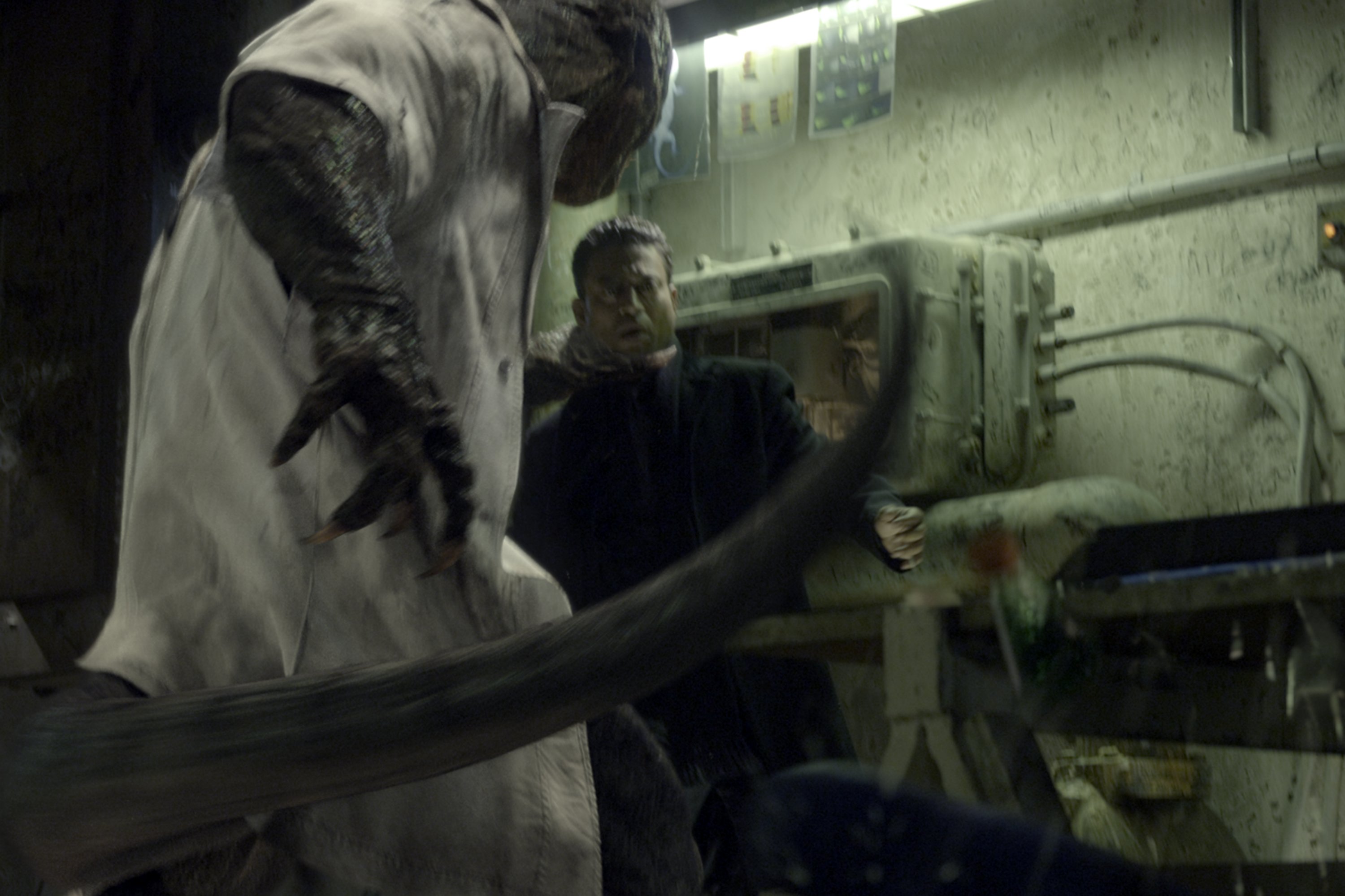 |
| Credit where it's due, the CGI is pretty seamless here. |
To be blunt, The Lizard doesn’t work. Although the
script does its best work in the set-up (Connor’s research into transgenic gene
splicing is the same technology that drives Peter’s spider bite) after Connor’s
hotheaded decision to test his technology on himself (has the man never read Jekyll and Hyde?) it all falls apart.
The Lizard’s motives are not clear for the most part. His initial rampage seems
an ill guided attempt to save some veterans from experimentation but his
subsequent plot is to turn everyone into lizards. It doesn’t mesh. There’s a
vaguely Nazi-esque desire to see humanity purged of imperfection but n
explanation as to how being an enormous gecko might represent that goal.
Also, in this day and age it’s a little hard to buy
into the idea that being an amputee would cause such a single-minded obsession
with cellular regrowth. If I were an amputee I’d be a little offended that the
script thinks I’m so incapable of coping (though again, to be fair, Connor’s
motivation dates back to the Silver Age).
All in all, I think The Amazing Spider-man is an
extremely healthy start to the franchise’s reboot and has set itself up well
for what I hope to be an even tighter sequel.



